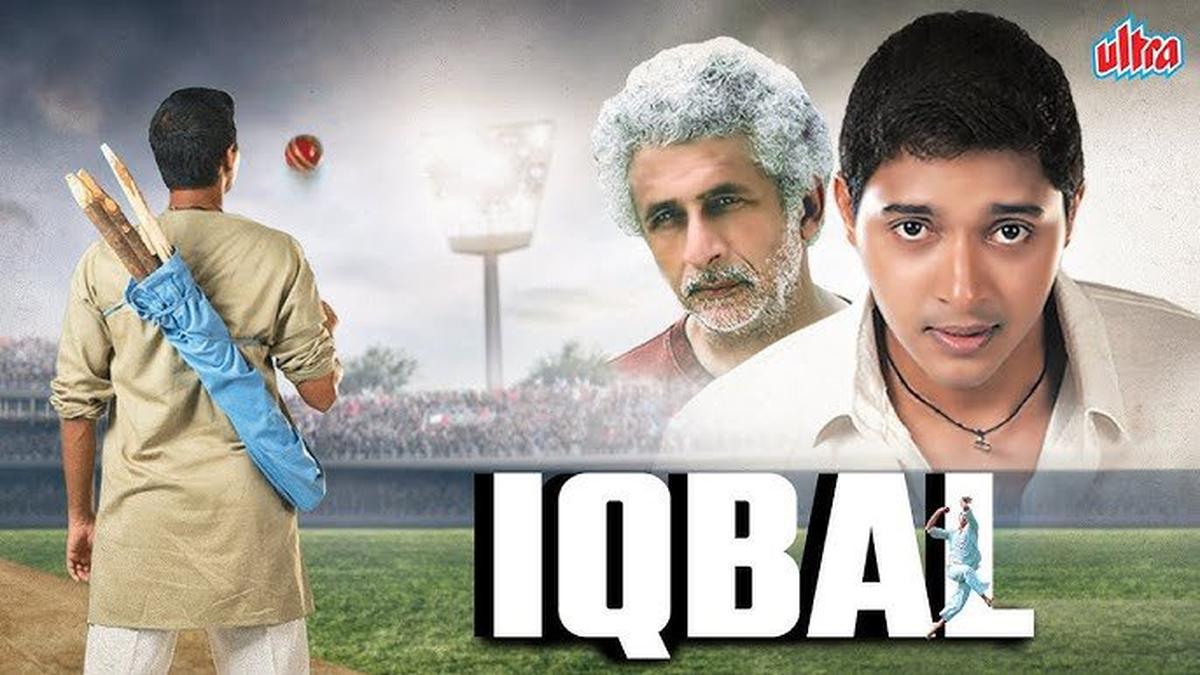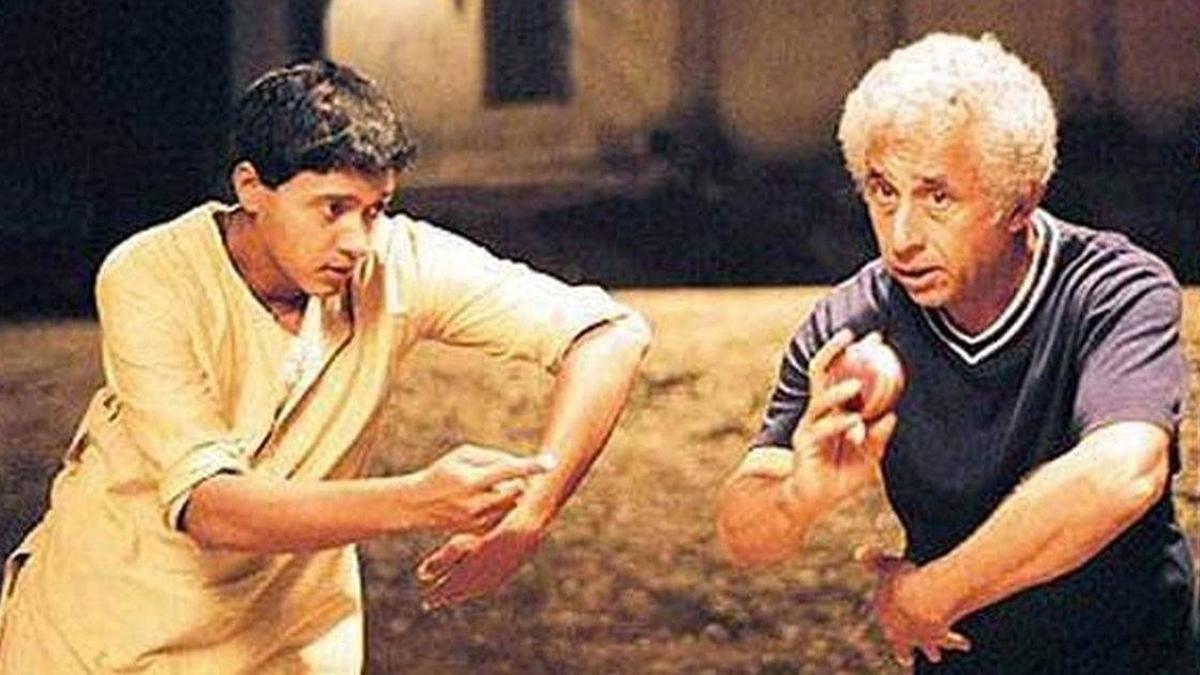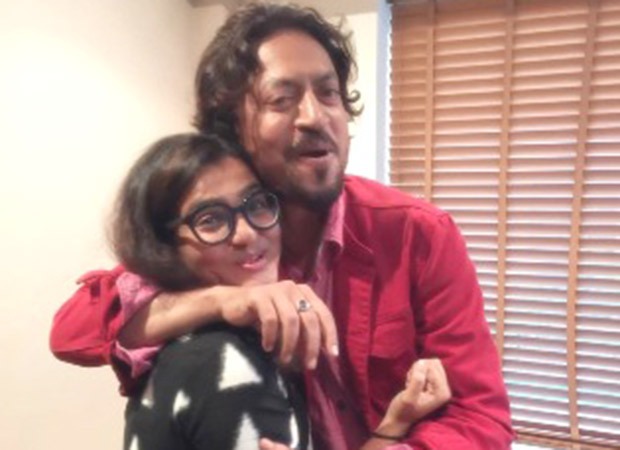A lot of us have the memory of April 2, 2011, nestled deep in our hearts. After what was a thrilling few weeks of sporting phenomenon, it all culminated in the grand final of the World Cup. Homecoming was 28 years overdue, and all that separated us from the trophy was a boundary. Hardly can anybody forget Ravi Shastri’s immortal commentary as Captain M.S. Dhoni dramatically won the World Cup, uniting the country in a way that only cricket can. Of course, I know the urban celebration through the rooftop fireworks and flooded streets in 2011, but I often ask my elders how it must have felt to have seen India lift the World Cup in 1983. It definitely would have been grittier, given every hurdle they had to climb. Iqbal begins with an entire village gathered under the shade of a Banyan Tree, as they see India lift the World Cup in 1983. In dramatic fashion, as Kapil Dev captains India to victory, we see a woman about to give birth amidst all the celebration.
Several years later, the child has now grown up, and yet, he does not speak. However, he observes. He dreams. He challenges not himself but us as a society to see his talent in spite of his seeming disadvantage. Iqbal finds the excuse of grazing cows perfect to pursue his dreams of becoming a cricketer, as he practises bowling in the field that is now his home ground. His mother and sister are as supportive as it gets. His father, on the other hand, as nice and caring a father as he may be, has his inhibitions born out of being protective. He never understands Iqbal’s foolish notions of pursuing a sport that will get him nowhere. Rooted in his practicality, he is a man born out of hardship and conditions. He experiences several hardships maintaining his farm, and the shortage of money has created a fear that seeps into the desperation for an immediate change in fate. Thus, he can’t imagine a life where education or a “hopeless” dream can help put food on the table. You want him to be proved wrong, but deep down know his frustration remains justified.

Iqbal dares to dream. He may be perfect in his small home ground when nobody is watching, but he does not truly understand how to use his gift of bowling in the sport quite yet. He seeks to learn. Even if he is in the midst of adversity, his persistence in not quitting is admirable. And it is this very persistence that leads him to finding a teacher in someone everybody dismisses as the village drunk, played in masterful capacity by Naseeruddin Shah. Kukunoor’s understanding of his setting and theme allows the portrait of a rural India and a family to be painted onto the canvas of honesty. Iqbal keeps the dream alive and is a student who fights for his teacher, ensuring that he is taught not how to be better, but instead, to be the best. The student-teacher relationship, of course, is aided severely by Iqbal’s sharp-tongued sister, Khadija, in what is one of the most beautiful sibling relationship portrayals on screen. She often acts as his translator and believes in her brother more than anybody else and is willing to fight for him like nobody else. Iqbal finds a confidante in her, and as he remains ever-determined to pursue his dream, it is that gritty journey of a simple man with a large dream that really makes you admire the film, where every character has such a definitive detail.
For those who love cricket, or sport in general, there awaits a beautiful surprise in the final act of the film, where the appearance of a certain someone brings forth a wide smile. Kuknoor’s unplayable yorker of a film shows the determination of a student who, without speaking a word, dreams to achieve what nobody thinks he can; He believes in his own talent and in the power of learning. He does not just dare to dream; he dares to dream big. Iqbal never bothered to hear the others’ voices anyway, for, as the film rightly says, “the only voice that he could hear was his own.”
Published – October 13, 2025 10:00 am IST



